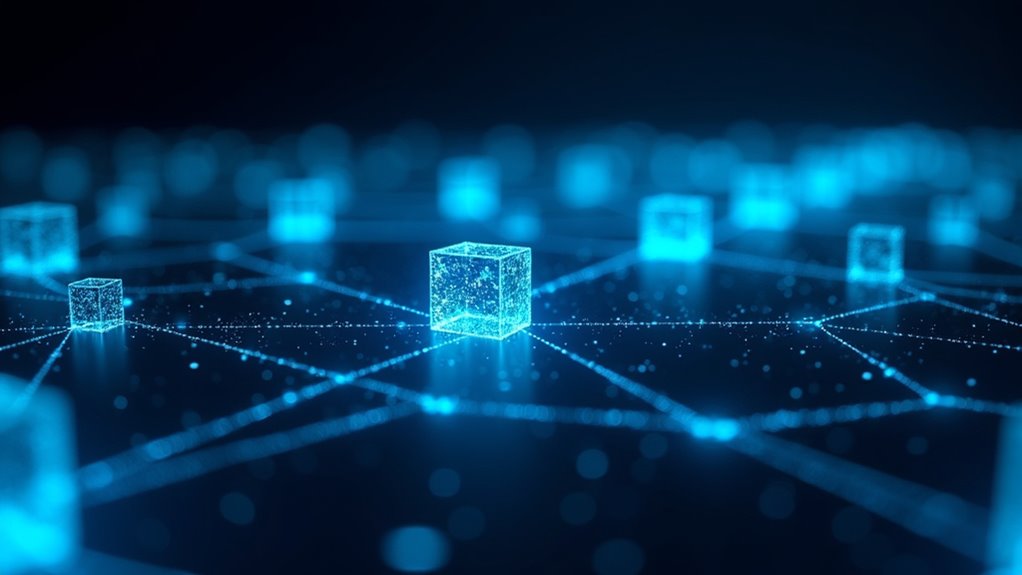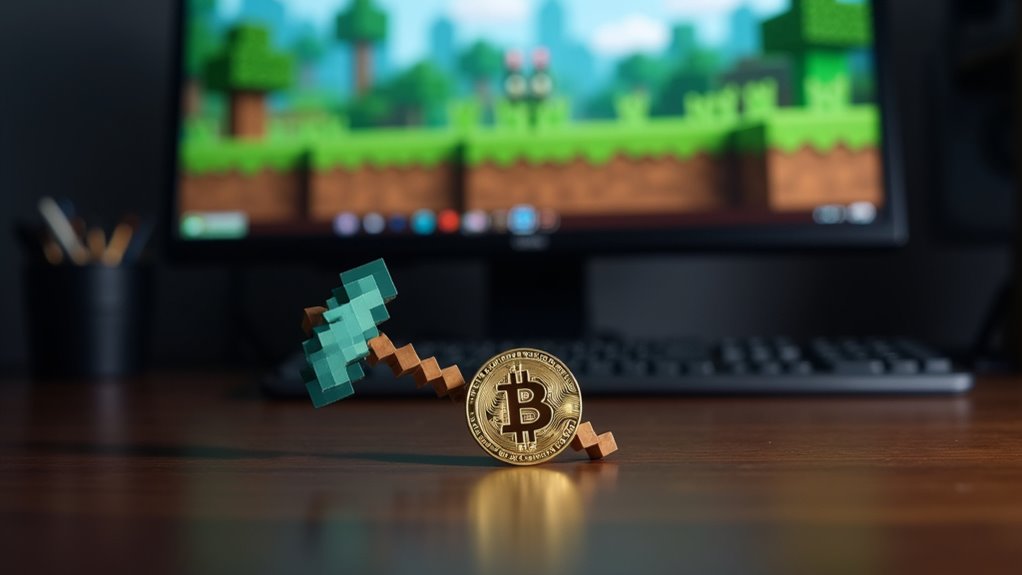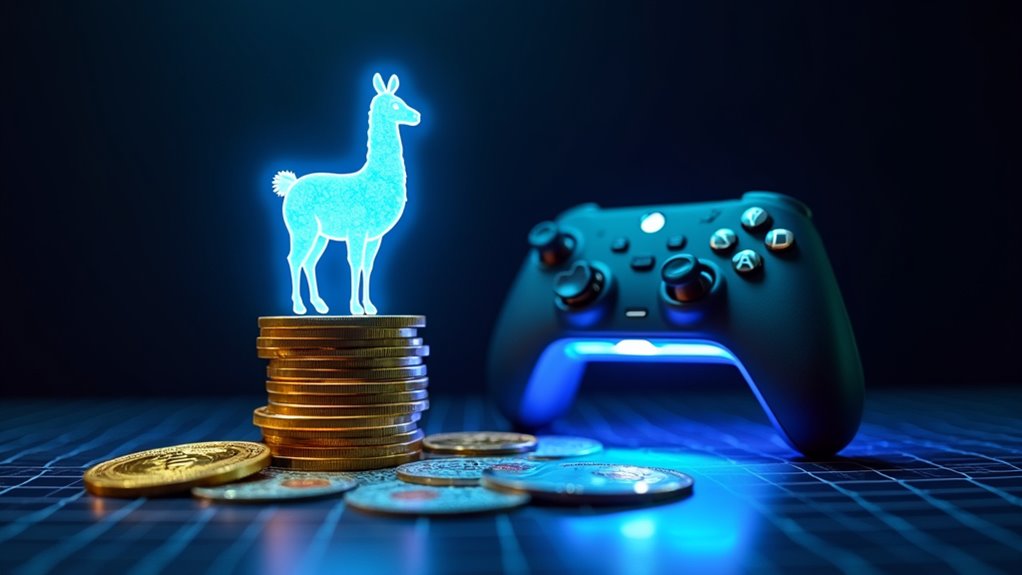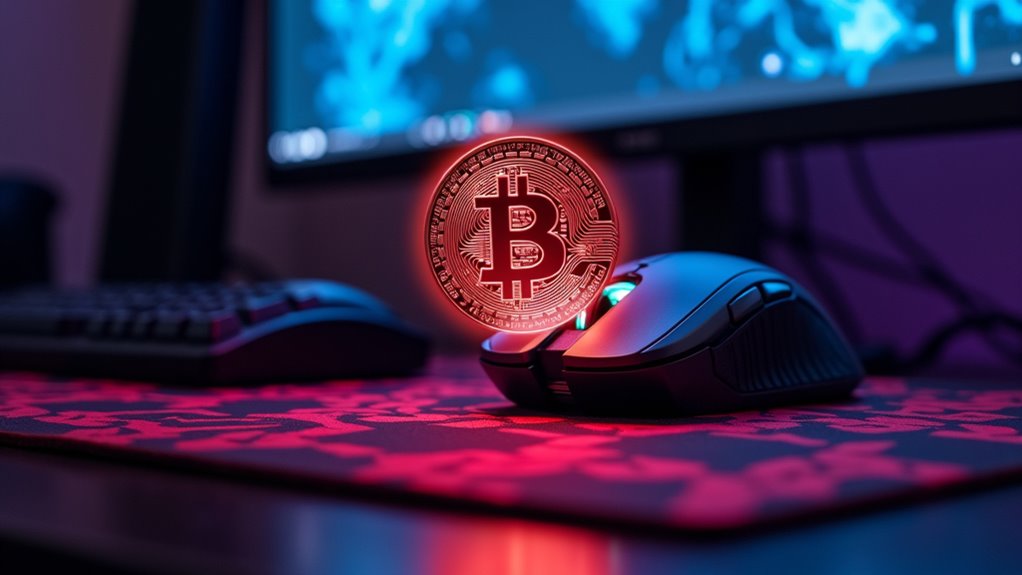The Internet Computer Protocol (ICP) is DFINITY’s ambitious attempt to reshape the internet through blockchain technology. Founded in 2015, this unique platform runs AI smart contracts and decentralized applications on dedicated hardware, setting it apart from traditional cryptocurrencies. Using chain key cryptography and the Motoko programming language, ICP aims to break up big tech monopolies and enhance data privacy. It’s not just another crypto project making empty promises – though its lofty goals still face real-world challenges.
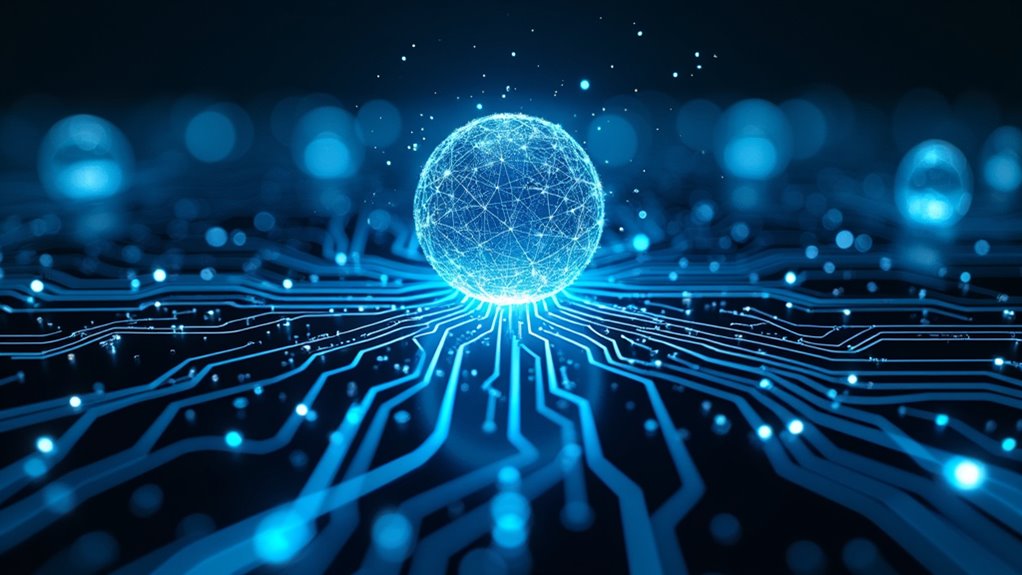
Each tech enthusiast’s preferred blockchain buzzword is getting a consequential upgrade. The Internet Computer Protocol (ICP) isn’t just another crypto project – it’s a full-blown attempt to revolutionize how the internet functions. Born from the minds at DFINITY in 2015, with founder Dominic Williams at the helm, ICP aims to tackle the internet’s biggest headaches: data misuse and big tech monopolies. The platform’s ability to run AI smart contracts makes it uniquely positioned in the blockchain space.
Let’s cut to the chase – ICP operates differently from your average blockchain. Instead of relying on random computers worldwide, it runs on dedicated hardware maintained by independent parties. No more centralized servers calling the shots. The network uses something called chain key cryptography, which sounds fancy but basically means it’s really secure and efficient. The platform’s innovative Motoko programming language enables developers to build robust applications with ease. Similar to the EVM runtime environment, ICP provides a secure foundation for executing decentralized applications without third-party interference.
The native ICP token isn’t just another pretty face in the crypto crowd. It follows the ICRC-2 standard (think Ethereum’s ERC-20, but different) and serves multiple purposes. Network participants get rewarded with these tokens, and they’re essential for governance decisions. It’s like getting paid to have a say in how things run – not a bad bargain.
Speaking of running things, DFINITY isn’t messing around. They’ve raised over $150 million from investors and operate research centers in Switzerland and California. Their remote teams are constantly working on R&D, because apparently, revolutionizing the internet isn’t a nine-to-five job.
The platform makes it surprisingly simple for developers to create decentralized applications (dApps). These apps process transactions quickly – none of that waiting-for-coffee-to-grow-cold transaction time we see with some other cryptocurrencies. But it’s not all sunshine and rainbows. ICP faces some serious challenges in getting people to actually use it, and the competition in the decentralized platform space is fierce.
Still, ICP’s focus on enhanced security, data privacy, and breaking up internet monopolies makes it an intriguing player in the blockchain space. Whether it succeeds in its lofty goals remains to be seen, but it’s definitely not just another crypto project making empty promises.
Frequently Asked Questions
How Does Icp’s Reverse Gas Model Differ From Traditional Blockchain Fees?
ICP’s reverse gas model shifts transaction costs from users to developers, who pre-load canisters with cycles. Unlike traditional blockchains where users pay gas fees, ICP enables fee-free transactions for enhanced user accessibility.
Can Developers Create Smart Contracts on ICP Without Knowing Motoko?
Developers can create ICP smart contracts without Motoko by using alternative languages like Rust or C++ that compile to WebAssembly. Development frameworks, third-party tools, and ready-made templates provide additional non-Motoko options.
What Security Measures Protect Icp’s Network Nodes From Potential Attacks?
ICP’s network nodes are protected through strict hardware requirements, DAO-based voting for providers, geographic distribution, threshold cryptography, and mandatory declarations of intent. Subnets operate independently with 13-40 nodes for enhanced security.
How Does Internet Computer Handle Data Storage Compared to Other Blockchains?
Internet Computer enables large-scale on-chain storage through 500GiB stable memory per canister, surpassing traditional blockchains. Its orthogonal persistence system automatically preserves data within canisters, eliminating the need for external storage alternatives.
What Role Do Neuron Operators Play in Icp’s Governance System?
Neuron operators stake ICP tokens to participate in governance voting, influencing protocol upgrades, network operations, and subnet management. They receive rewards for voting and play an essential role in decentralized decision-making through the NNS.
